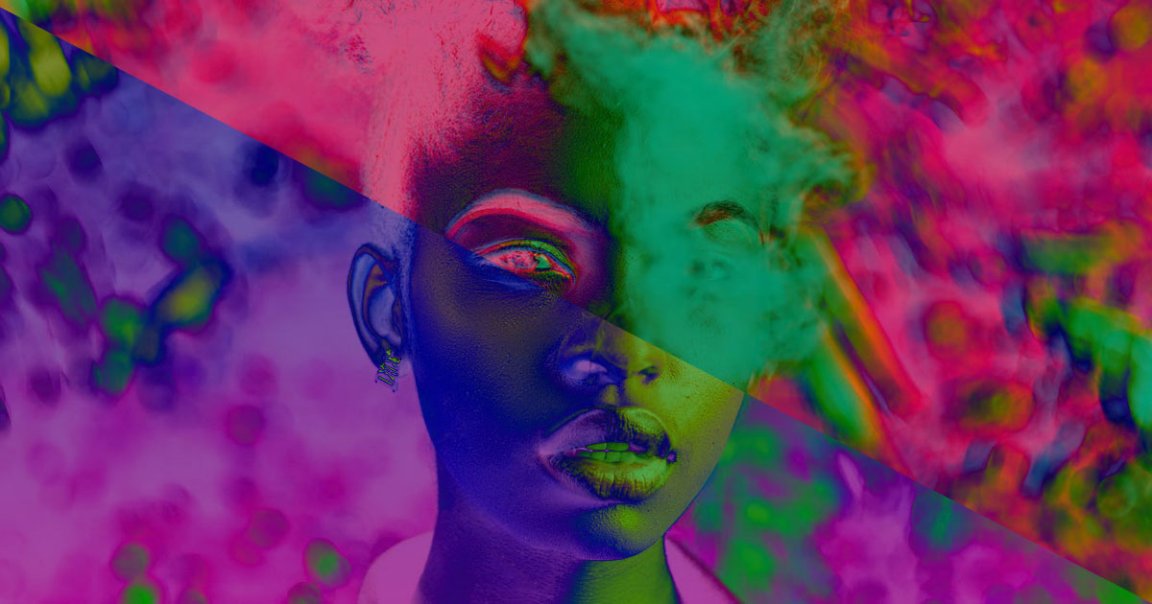
Automated Actors
Studios are running into trouble navigating coronavirus lockdowns, to say nothing of the health risks that currently make holding video shoots a particularly bad idea.
That means a shortage of media for companies that might need new instructional videos, promotional materials, or any other footage. That’s why, Wired reports, more companies are investigating a high-tech workaround: replacing actors with synthetic performers made using deepfake technology. The results are a bit jarring, but represent a surprisingly legitimate use for tech often reserved for disinformation and harassment campaigns.
Solo Act
The advertising firm WPP already commissioned the AI company Synthesia to make training videos featuring deepfake avatars, which it will send out to tens of thousands of employees this month, Wired reports. The videos aren’t perfect — most deepfake tech has some telltale glitches. But given the realities of pandemic life, these videos really need only be “good enough” rather than an Oscar-winning CGI performance.
“We’re saying let’s remove the camera from the equation,” Synthesia CEO Victor Riparbelli told Wired.
Red Tape
Developing AI avatars for corporate videos rather than political campaigns doesn’t let Synthesia off the hook for the ethical risks of building realistic deepfake tech.
The company has some internal checks, Wired reports, like vetting scripts and avoiding political content. Since some videos may feature celebrity deepfakes rather than brand new avatars, it also makes sure to get consent before digitally reconstructing anyone.
READ MORE: Covid Drives Real Businesses to Tap Deepfake Technology [Wired]
More on deepfakes: Expert: Online Disinfo Now Targeting COVID-19, Black Lives Matter